Food is a universal language that brings people together, offering a taste of different cultures and traditions. But what if I told you some foods are considered so dangerous, controversial, or downright bizarre that they are banned in certain parts of the world? From fat-free chips to rare burgers, here are 25 Foods Banned around the world. Buckle up for a culinary adventure that’s as shocking as it is fascinating!
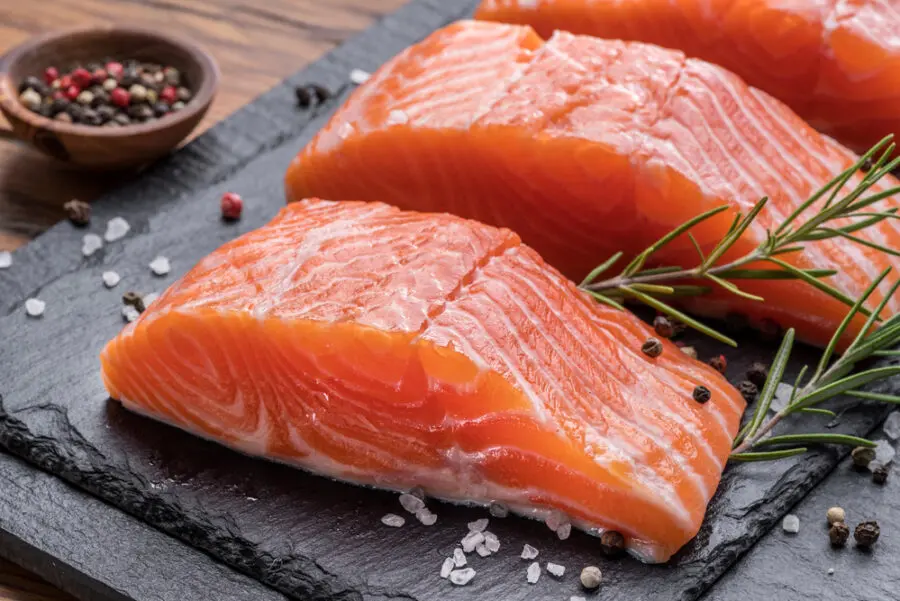
25 Foods Banned Around The World:
1. Fat-Free Chips – USA
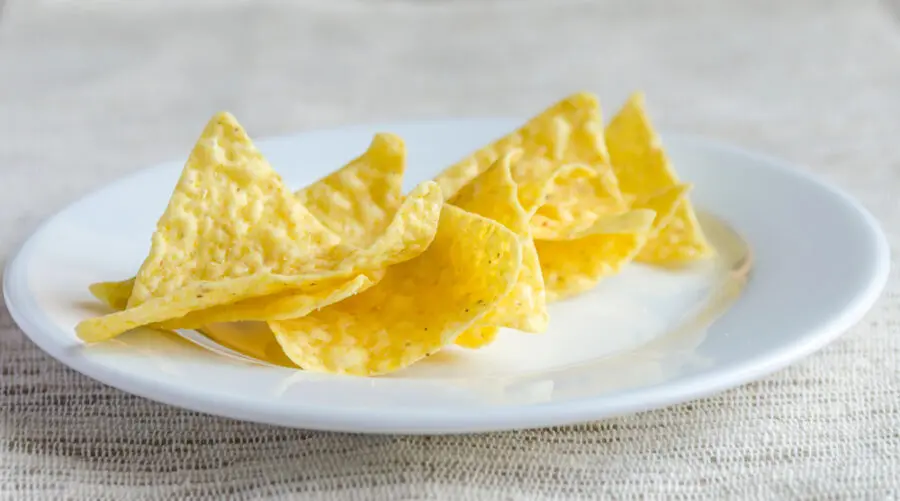
Fat-free chips, specifically those made with Olestra, were the snack of the late 90s and early 2000s. Olestra, a fat substitute, promised guilt-free snacking but caused severe digestive issues like cramps and diarrhea, earning it the nickname “anal leakage.” Though not officially banned, its use has dwindled due to its notorious reputation.
How to Avoid Issues: Opt for baked chips or air-popped snacks that don’t rely on chemical additives.
2. Chewing Gum – Singapore

Chewing gum is banned in Singapore to maintain public cleanliness. The strict law, implemented in 1992, carries hefty fines for importing, selling, or chewing gum. However, therapeutic and nicotine gum are allowed with a prescription.
Why It Matters: Singapore’s approach to public cleanliness is a unique example of how laws can shape daily behavior.
3. Kebabs – Italy
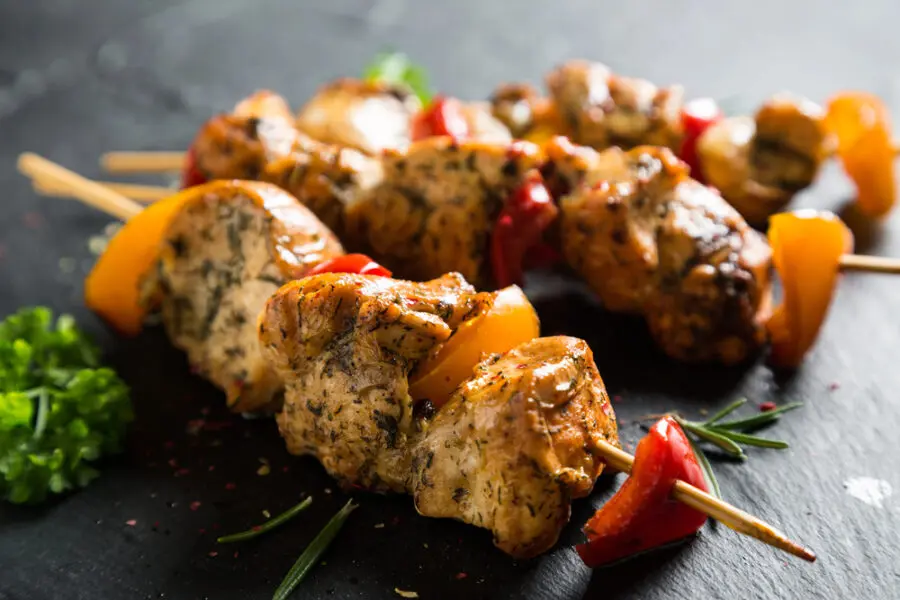
In 2009, Lucca, Italy, banned kebabs and other ethnic fast foods to preserve Italian culinary traditions. This controversial decision sparked debates about xenophobia and cultural identity.
The Debate: Critics argue this move excludes immigrant communities and diminishes cultural diversity.
4. Rare Burgers – Canada

Serving rare or undercooked hamburgers is heavily regulated in Canada. The ban aims to prevent foodborne illnesses like E. coli and Salmonella, requiring burgers to meet strict cooking temperature guidelines.
Health Over Flavor: Though it sacrifices some juiciness, it ensures greater safety for diners.
5. Mac and Cheese – Norway and Austria
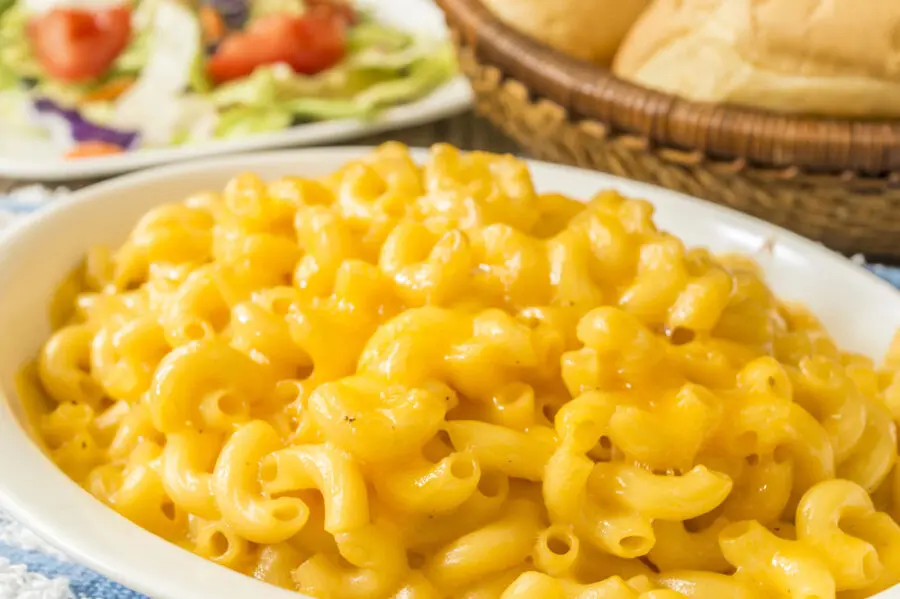
Artificially colored mac and cheese is banned in Norway and Austria. Strict regulations against artificial additives mean iconic orange-colored mac and cheese doesn’t make the cut.
Healthier Alternatives: Look for natural, additive-free versions to enjoy this comfort food.
6. Foie Gras – California (USA), India, and More
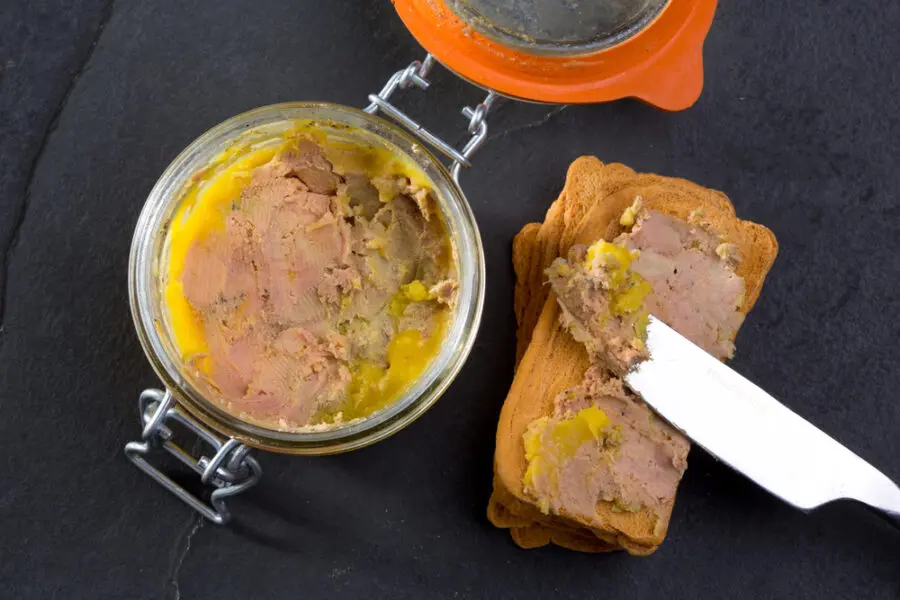
Foie gras, made from the liver of force-fed ducks or geese, is banned in several regions. Animal cruelty concerns have led places like California and India to prohibit its production and sale.
Ethics vs. Luxury: Advocates for animal rights celebrate these bans as steps toward humane food practices.
7. Horse Meat – USA and UK
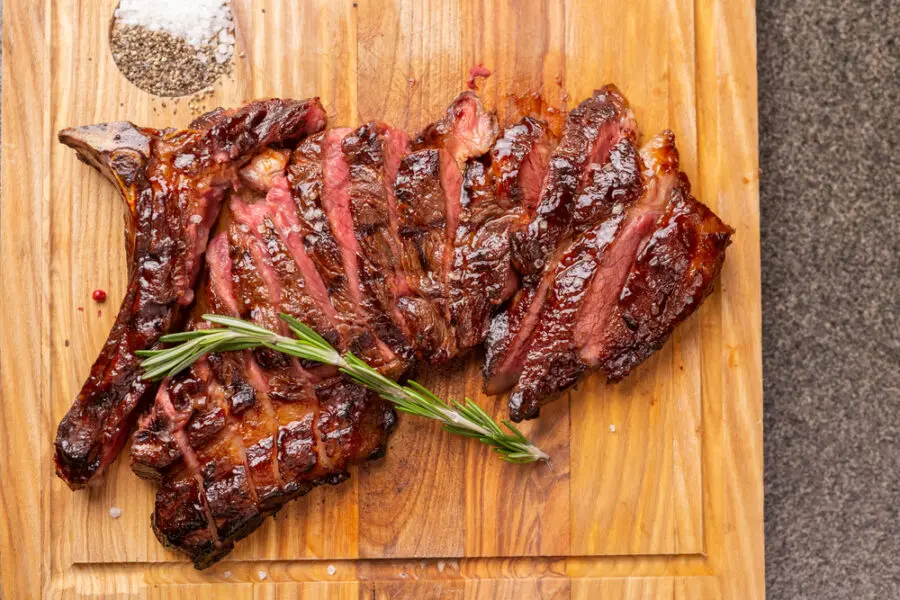
Horse meat is a delicacy in some countries but is culturally taboo in the USA and UK. Concerns about drug contamination and ethical considerations have led to its prohibition in these regions.
Fun Fact: Horse meat remains a prized dish in countries like France and Japan.
8. Samosas – Somalia
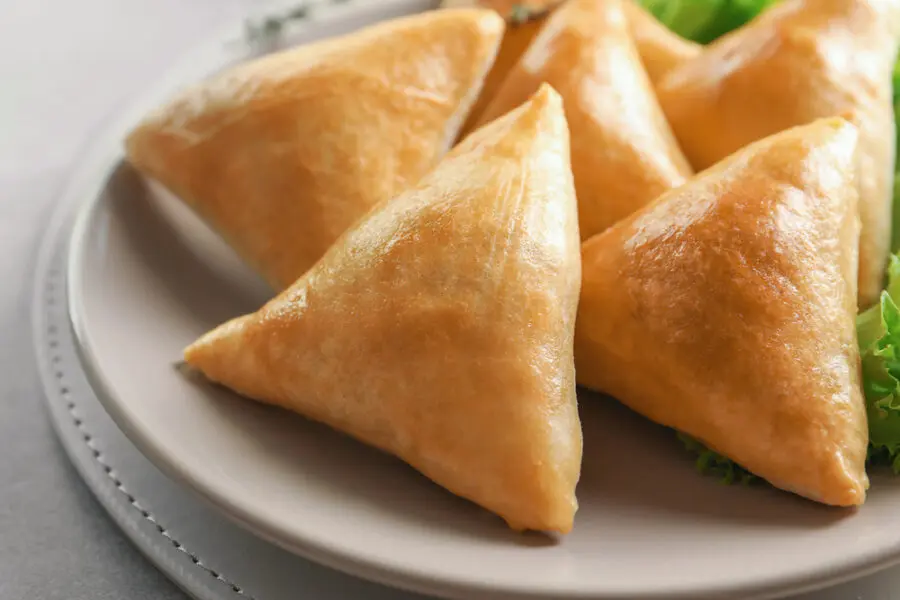
Samosas are banned in Somalia due to their triangular shape, which some associate with the Christian Holy Trinity. This decision, made by the militant group al-Shabaab, highlights the intersection of religion and food regulations.
9. American-Made White Bread – Europe

White bread made with azodicarbonamide is banned in Europe. This additive, linked to respiratory issues, is a no-go under strict European food laws.
A European Standard: Bread without additives is preferred for better health and safety.
10. Durian Fruit – Public Places in Southeast Asia
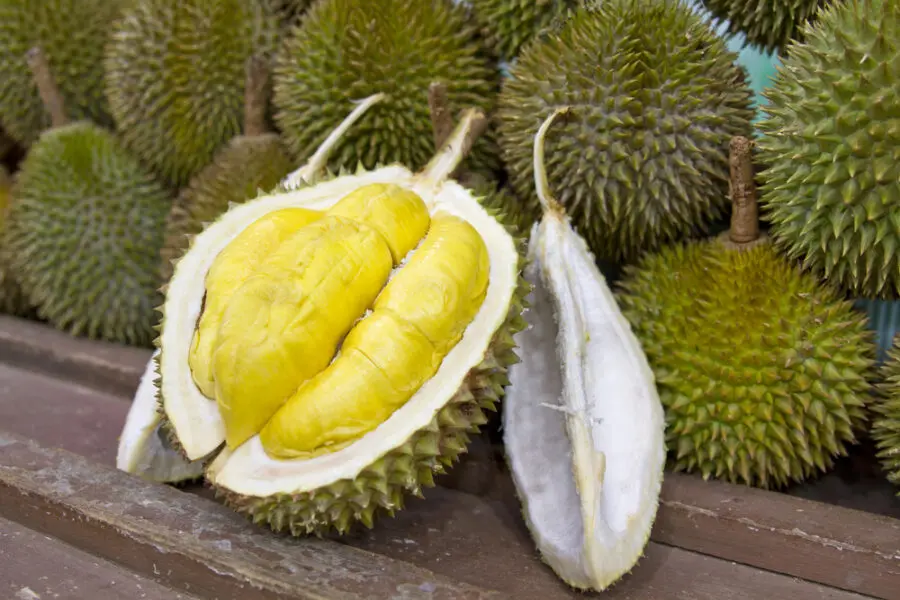
Durian is banned in many public spaces for its overwhelming odor. While loved for its creamy texture, its strong smell is often described as unpleasant, likened to rotten onions or sewage.
Try It At Home: If you’re curious, enjoy it in the comfort of your own home to avoid complaints.
11. US Pork – European Union
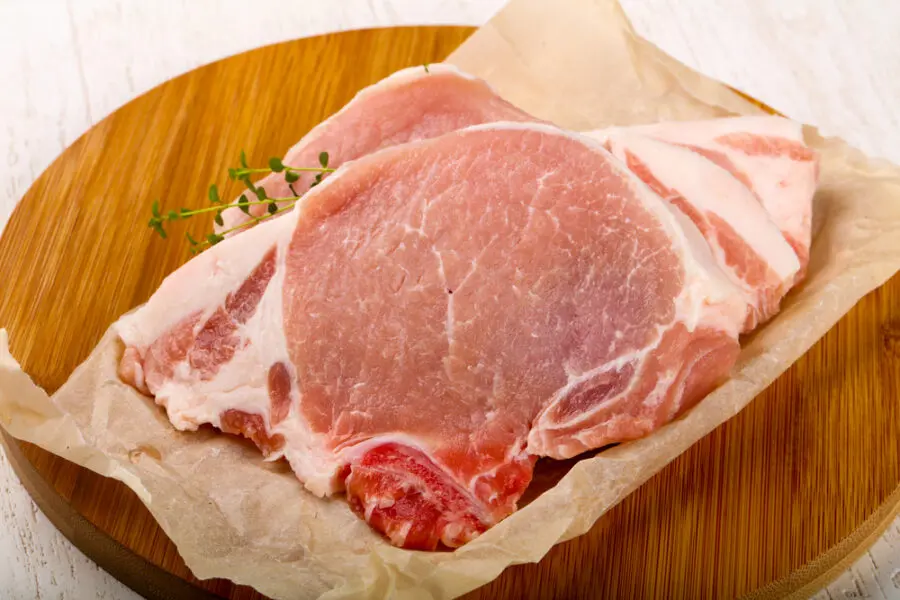
The European Union has banned US pork due to the use of ractopamine, a feed additive. Ractopamine raises concerns over animal welfare and human health, leading to strict EU import laws.
Ethical Eating: Look for ractopamine-free pork products to align with these standards.
12. Raw Milk – Various Countries
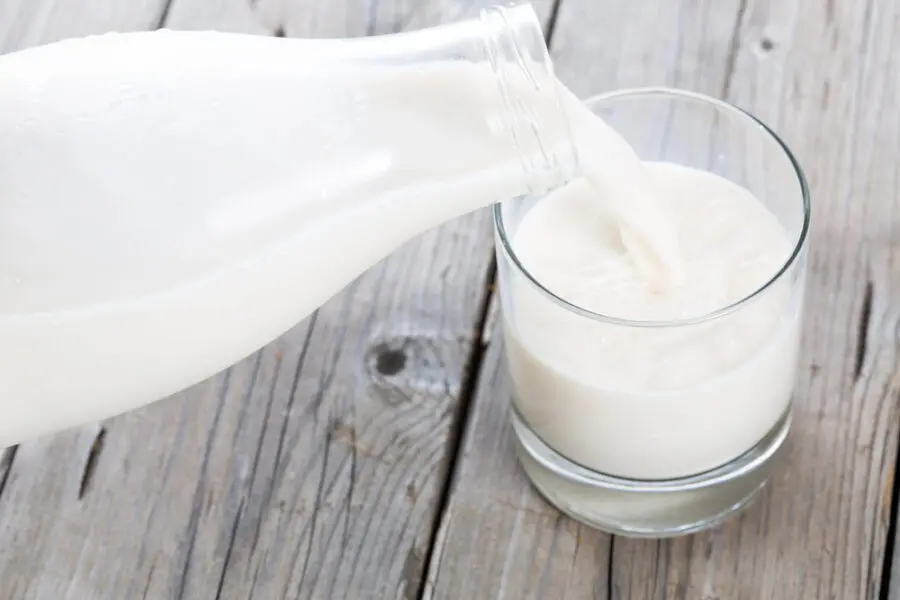
Raw milk is praised for its taste but banned in many places due to health risks. Unpasteurized milk can harbor dangerous bacteria like E. coli, Salmonella, and Listeria.
Safe Choices: Pasteurized milk offers a safer alternative without compromising on nutrition.
13. Haggis – USA
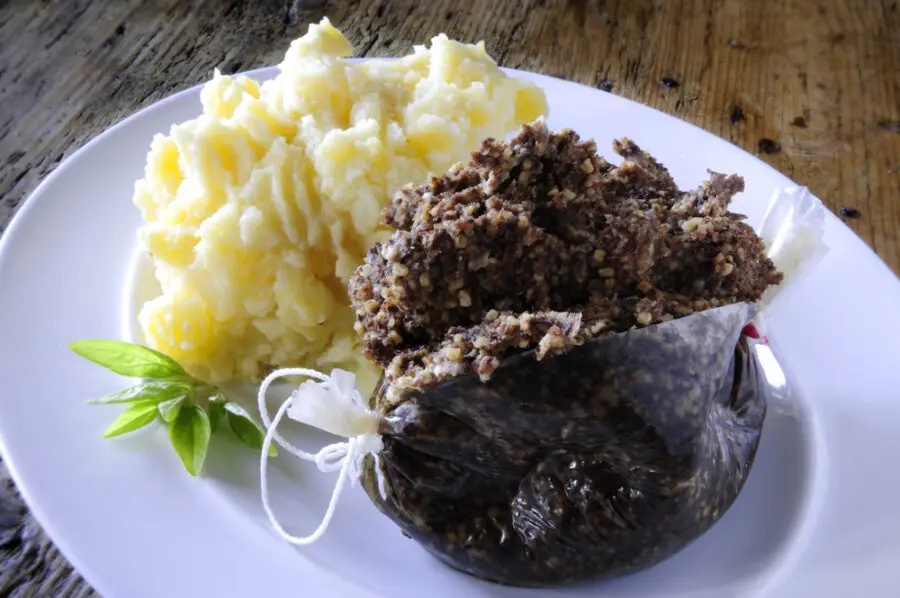
Haggis, Scotland’s iconic dish, is banned in the USA due to sheep lung regulations. The USDA prohibits foods containing sheep lungs, citing contamination risks.
Missing Out on Tradition: Americans can enjoy modified versions of haggis that exclude prohibited ingredients.
14. Farm-Raised Salmon – Australia and New Zealand
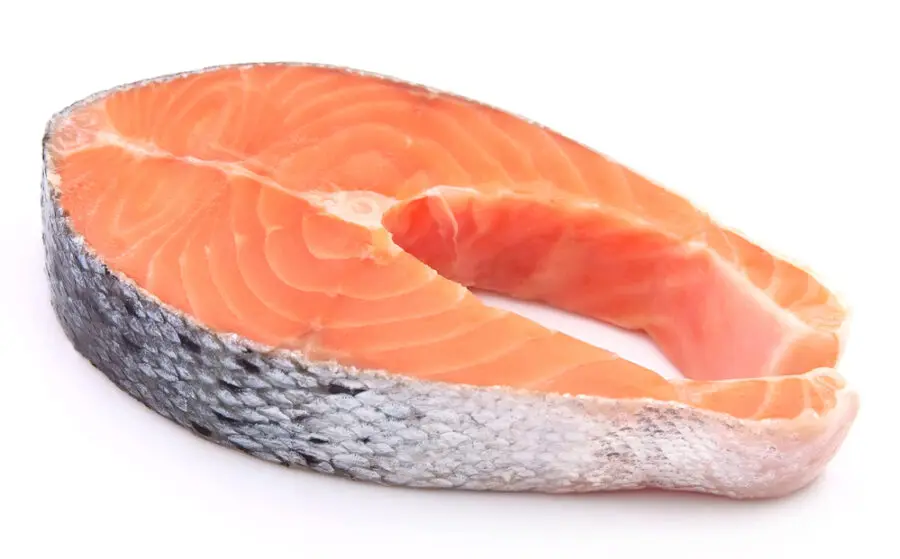
Farm-raised salmon is banned due to concerns over artificial coloring and contaminants. Australia and New Zealand emphasize environmental sustainability and food safety.
Go Wild: Wild-caught salmon is a safer and healthier alternative.
15. Black Pudding – USA
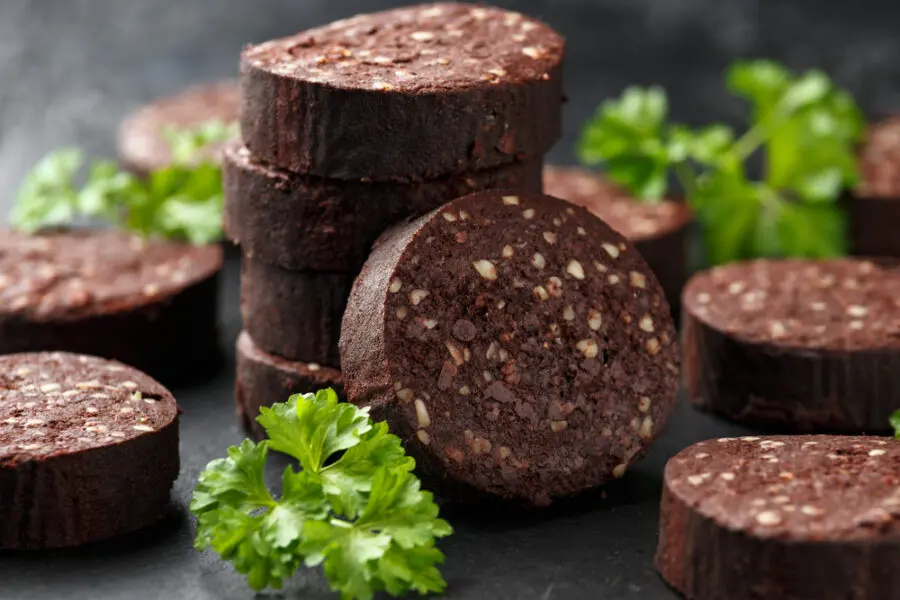
Black pudding, made with pork blood, is banned in the USA. Strict USDA regulations on blood products limit its availability.
Taste it Abroad: Visit the UK or Ireland to experience this traditional dish.
16. Shark Fin Soup – Various Countries
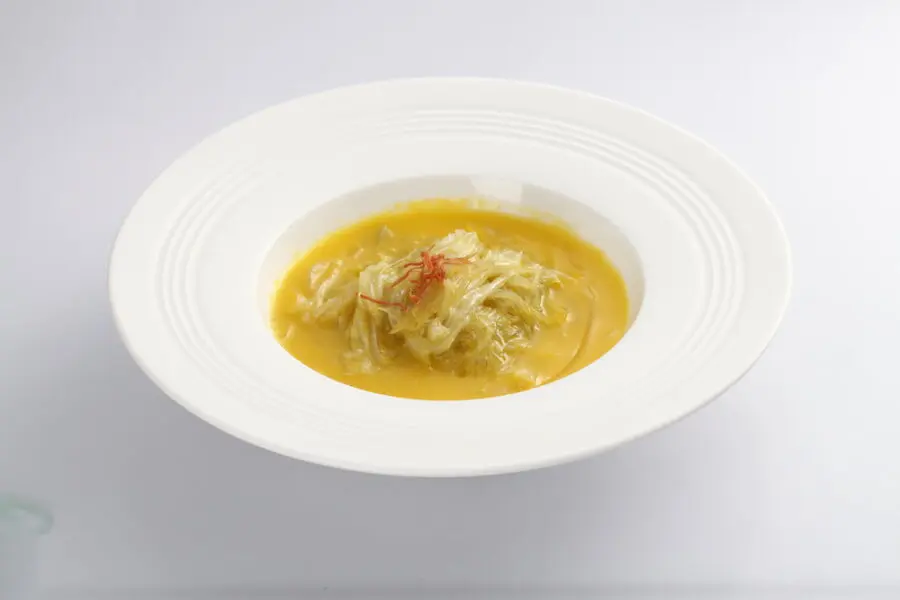
Shark fin soup is banned to combat the cruel practice of shark finning. Countries like the USA and Canada have taken a stand to protect shark populations.
Sustainability First: Opt for plant-based alternatives to support marine conservation.
17. Beluga Caviar – USA
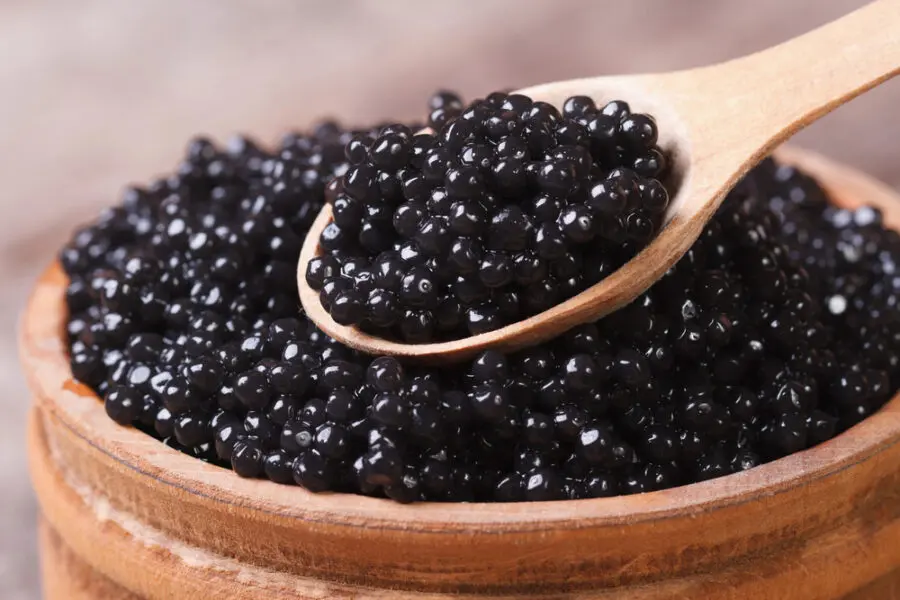
Beluga caviar is banned in the USA to protect endangered sturgeon. Overfishing and habitat loss have devastated beluga populations.
18. Skittles – Norway and Sweden
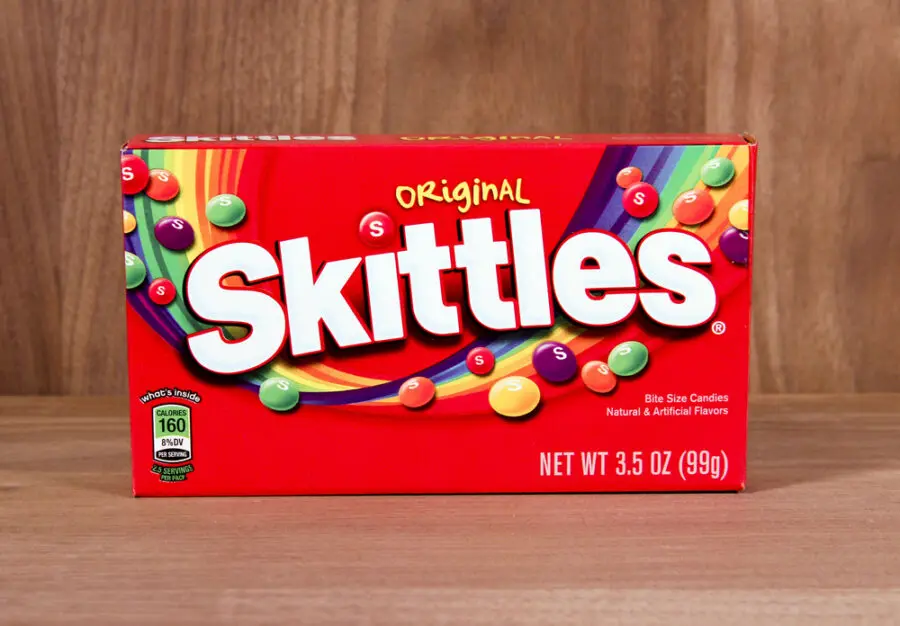
Skittles are banned due to artificial additives linked to hyperactivity. European food laws prioritize natural ingredients and health.
19. Raw Cashews – USA
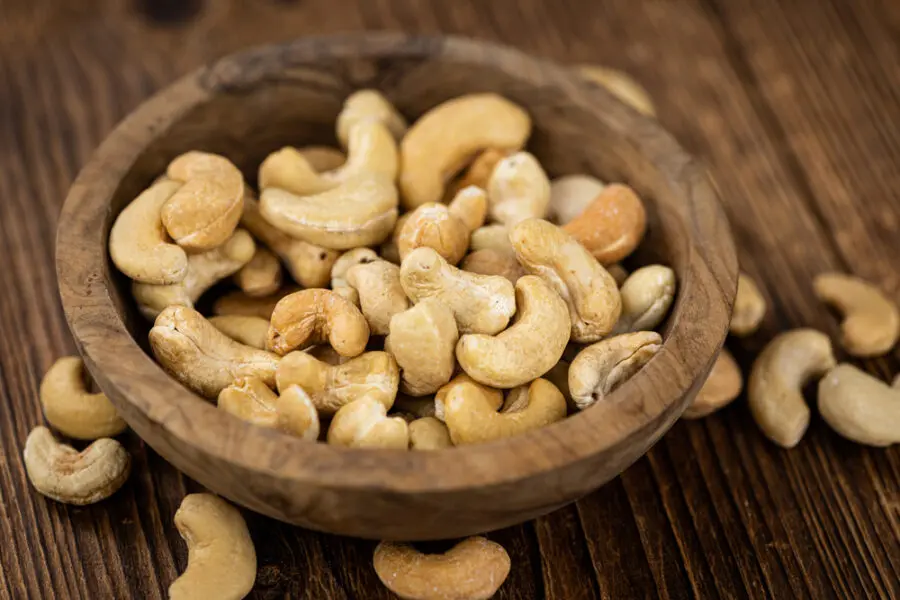
True raw cashews are banned because they contain urushiol, a toxic compound. Processed cashews are safe and widely available.
20. Hot Dogs – New Zealand

Hot dogs with sodium nitrite are banned due to cancer concerns. Safer versions without this additive are available in New Zealand.
21. Soybeans – France
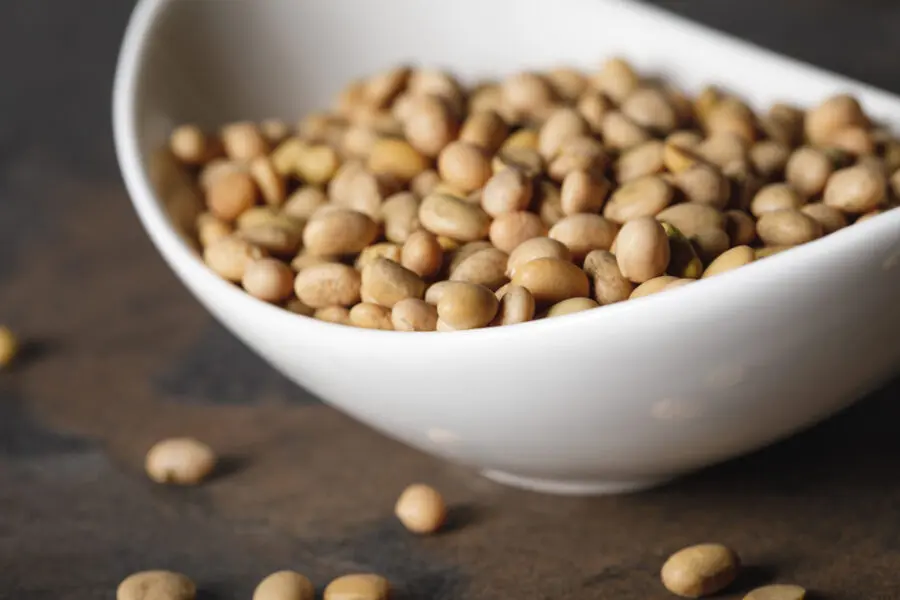
France bans soybeans and soy products due to GMO and health concerns. The country prioritizes natural food sources and environmental sustainability.
22. Vegetarian Meals – Vatican City
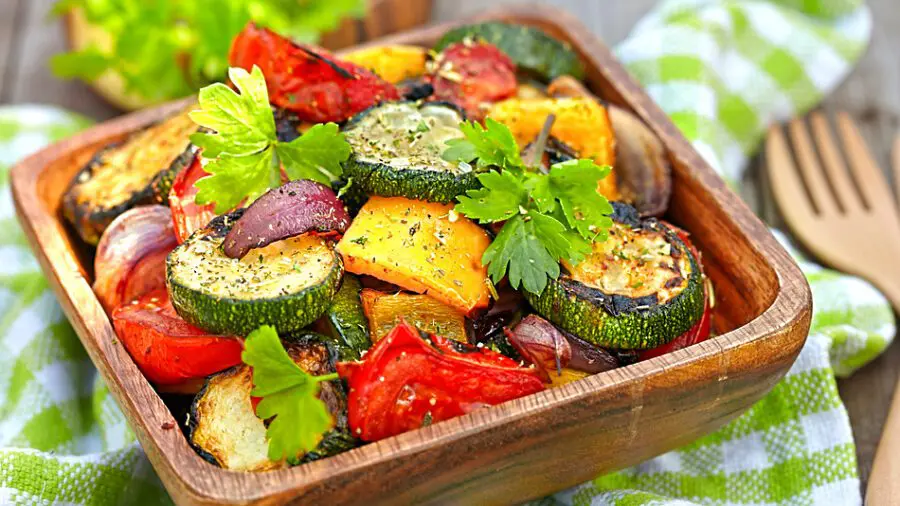
Vegetarian meals are banned in official Vatican dining facilities. This reflects traditional dining practices tied to cultural and religious norms.
23. Casu Marzu – European Union
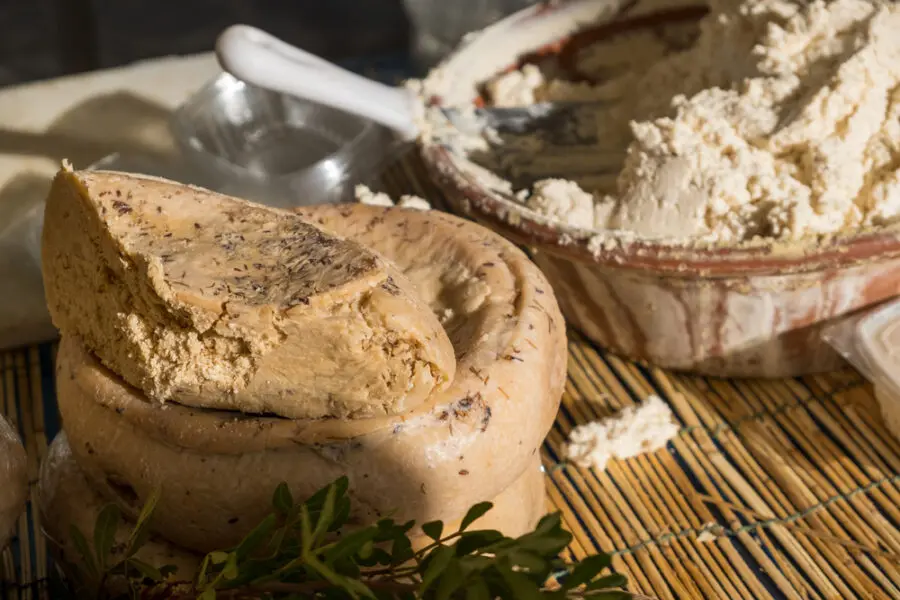
Casu Marzu, the “world’s most dangerous cheese,” is banned due to health risks. Infested with live larvae, it poses severe safety concerns.
24. Kinder Surprise Eggs – USA
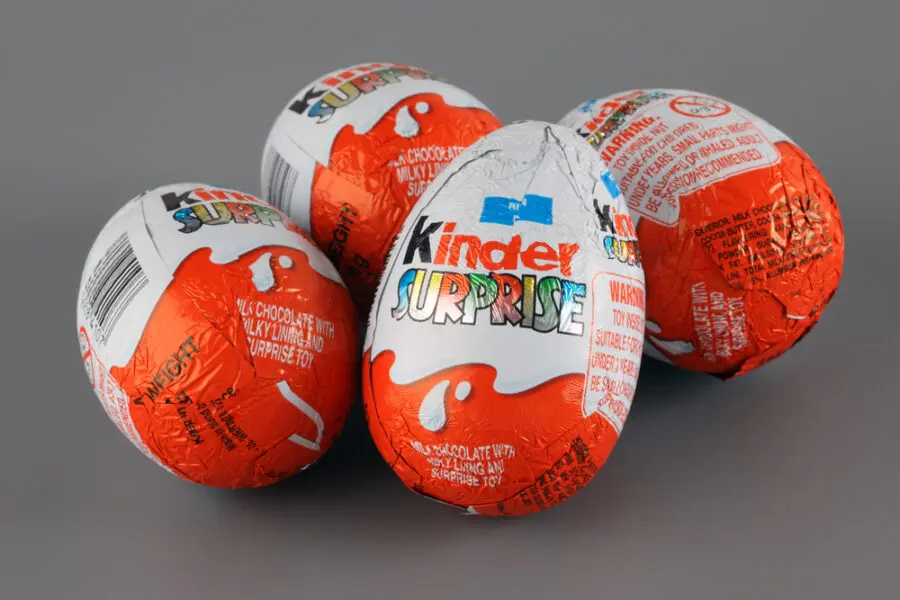
Kinder Surprise Eggs are banned due to choking hazards from their small toys. Modified versions are available that comply with US safety laws.
25. Puffer Fish (Fugu) – European Union

Fugu is banned in the EU due to its deadly toxin, tetrodotoxin. Only licensed chefs can prepare it safely in Japan.
Conclusion
From ethical dilemmas to public health and cultural values, these banned foods reveal much about the priorities of different societies. While some bans focus on safety and sustainability, others reflect unique cultural identities. Understanding these regulations helps us appreciate the intricate world of food, where every rule has a story to tell. Happy (and safe) eating, those were the 25 foods banned around the world!
Please SHARE this article with your friends and family on Facebook.
Bored Daddy
Love and Peace
